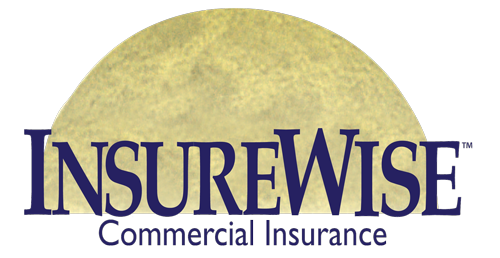- October 12, 2021
- Posted by: thinkjcw
- Category: Blog

Required by law in most states, workers’ compensation is a type of commercial insurance designed to protect businesses and their employees from financial loss caused by work-related injuries. This process provides employees with monetary benefits if they sustain an injury, illness or disability during the course and scope of their employment. Meaning, the injury occurs when an employee is performing their job and following the description of what their job entails.
Workers’ compensation also provides employers with peace of mind by lowering their legal and financial liability in the event of a work-related injury or illness.
What does Workers’ Compensation Cover?
Workers’ compensation covers all medical costs of a work-related injury, illness or disability. This includes medical expenses such as the cost of prescriptions, ongoing care like physical therapy, necessary surgeries and other related medical needs.
Also, if an employee needs time off to recover, workers’ comp typically covers 67% of lost wages, tax-free.
How does Workers’ Compensation Work?
To claim the benefits provided by workers’ compensation, an employee should promptly notify their employer when they have received a work-related injury. The employer is then responsible for providing medical care to diagnose.
It is important to note that some states allow a post-accident drug test. This is performed after an employee has been involved in a workplace accident and is used to determine whether drugs or alcohol were a factor in the incident. Depending on the test results, this can cause the claim to be denied.
How is Workers’ Compensation Charged?
Since some jobs are more hazardous than others, workers’ compensation is charged based on risk. Meaning, the greater the risk of loss equals the higher the premium.
Also, when an employer has more losses than their average competitor, they are required to pay more for workers’ compensation. This is determined by a company’s Experience Modification Factor (Mod), a number that essentially works as a company’s safety score. Fewer employee injuries equal lower mods and vice versa.
Gain a Competitive Advantage with Risk Management
At our loss control and injury management company, RiskWise Safety Consulting, we work closely with employers to help implement safety processes and risk management strategies to reduce risks to an acceptable level. By lowering the risk of workplace-related injuries, we help employers lower both their mod and the cost of workers’ compensation insurance, overall helping them gain a competitive advantage over their competitors. Learn more about how RiskWise can improve the safety of your company and reduce insurance expenses from all lines of coverage.
